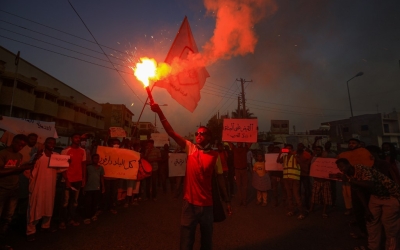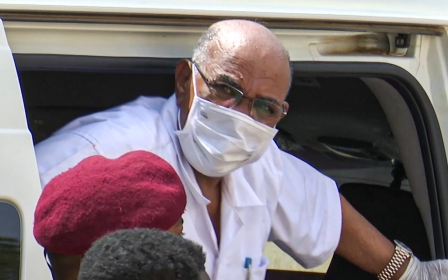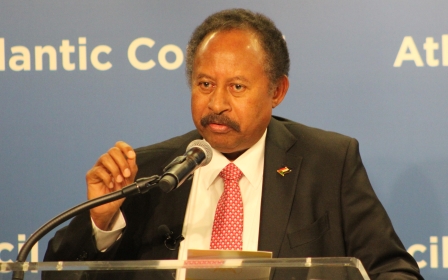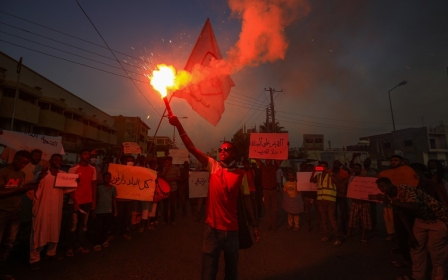Sudan: Main rebel alliance agrees landmark peace deal with government
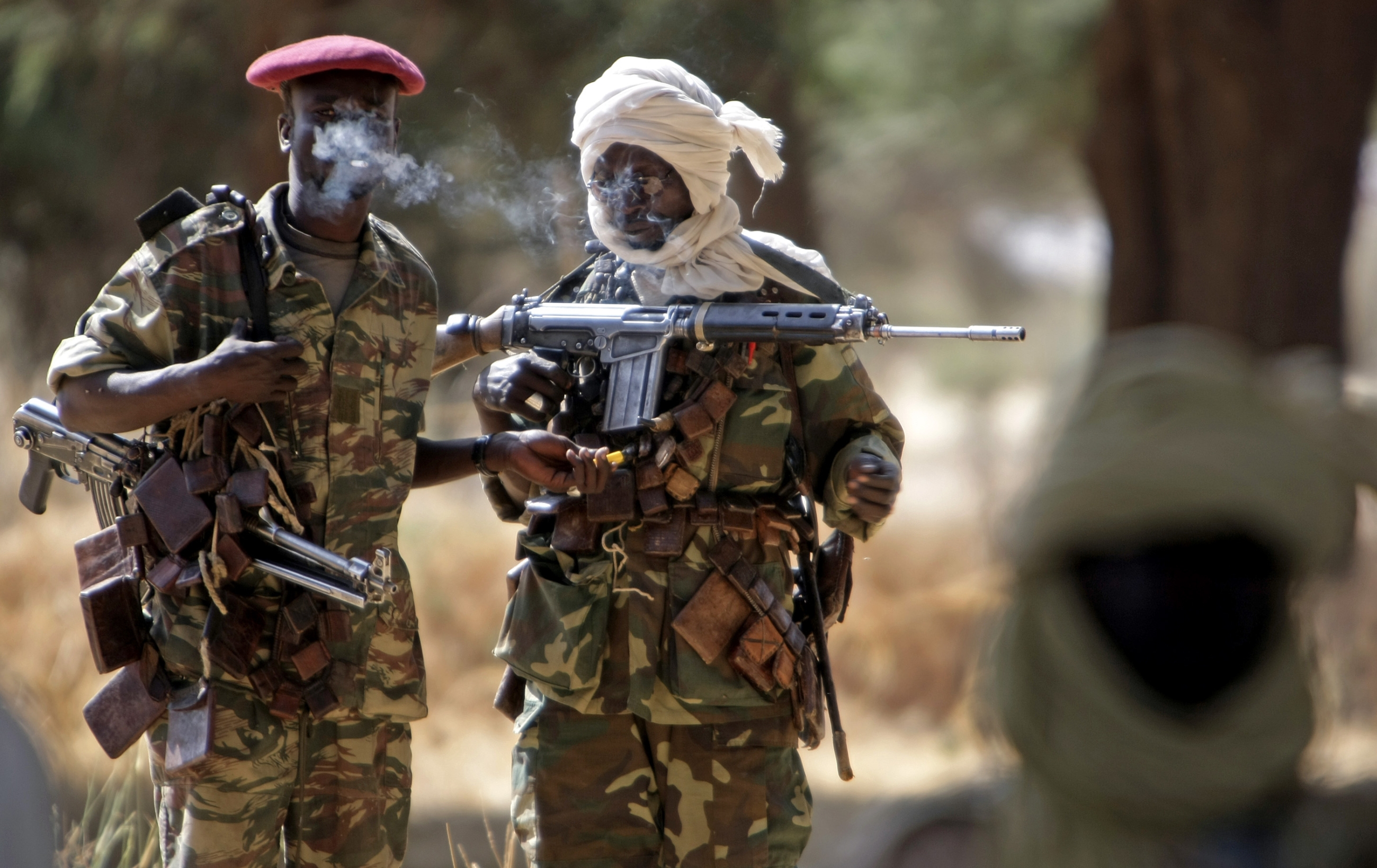
Sudan's main rebel alliance has agreed a landmark peace deal with the government, raising hopes for the end of 17 years of conflict, although holdout groups remain.
The rebel Sudan Revolutionary Front (SRF), founded in 2011, includes four groups from the western region of Darfur and the southern states of South Kordofan and the Blue Nile.
The SRF inked a peace agreement with the government late on Saturday, the official news agency Suna said on Sunday.
A formal signing ceremony attended by Prime Minister Abdalla Hamdok and rebel leaders is planned for Monday in Juba, the capital of neighbouring South Sudan, which has hosted and helped mediate the long-running talks since late 2019.
Senior government officials and rebel leaders "signed their initials on protocols on security arrangements" and other issues on Saturday, Suna said.
New MEE newsletter: Jerusalem Dispatch
Sign up to get the latest insights and analysis on Israel-Palestine, alongside Turkey Unpacked and other MEE newsletters
However, two key holdout rebel forces have refused to take part in the deal, AFP reported.
Those expected to sign the deal include a faction of the Sudan Liberation Movement/Army (SLM/A), the Sudan Liberation Movement-Transitional Council, Justice and Equality Movement (JEM), and a faction of the Sudan People's Liberation Movement-North (SPLM-N)
Darfur has been devastated since 2003 by a conflict that has left 300,000 people dead and 2.5 million others displaced, according to the United Nations.
Conflict in South Kordofan and Blue Nile erupted in 2011, following unresolved issues from bitter fighting there in Sudan's 1983-2005 civil war.
A new wave of violence has gripped the troubled Darfur region in recent months, claiming 100 lives in July alone, despite a short lull in the unrest after the 2019 Sudanese revolution that ousted longtime president Omar al-Bashir.
The rebel groups are largely drawn from non-Arab minority communities that long railed against Arab domination of successive governments in Khartoum.
Rebels fought troops deployed by now-toppled autocrat Omar al-Bashir, who is wanted by the International Criminal Court (ICC) over charges of genocide and crimes against humanity in the conflict.
After Bashir was overthrown, the transitional government led by Hamdok has made peacemaking with the rebels one of its top priorities.
Middle East Eye delivers independent and unrivalled coverage and analysis of the Middle East, North Africa and beyond. To learn more about republishing this content and the associated fees, please fill out this form. More about MEE can be found here.


